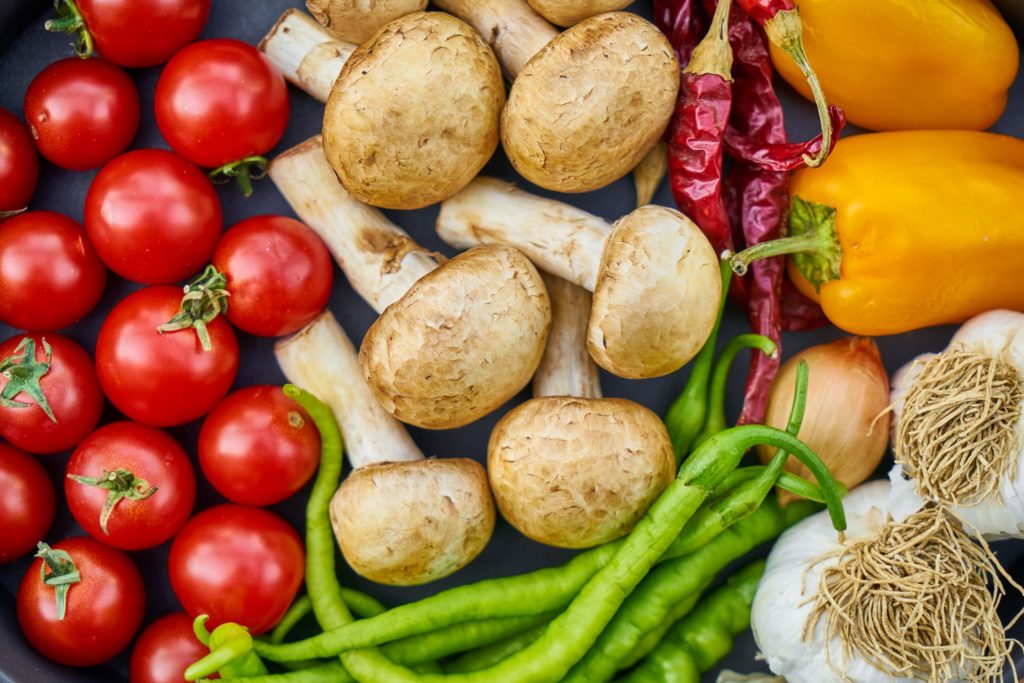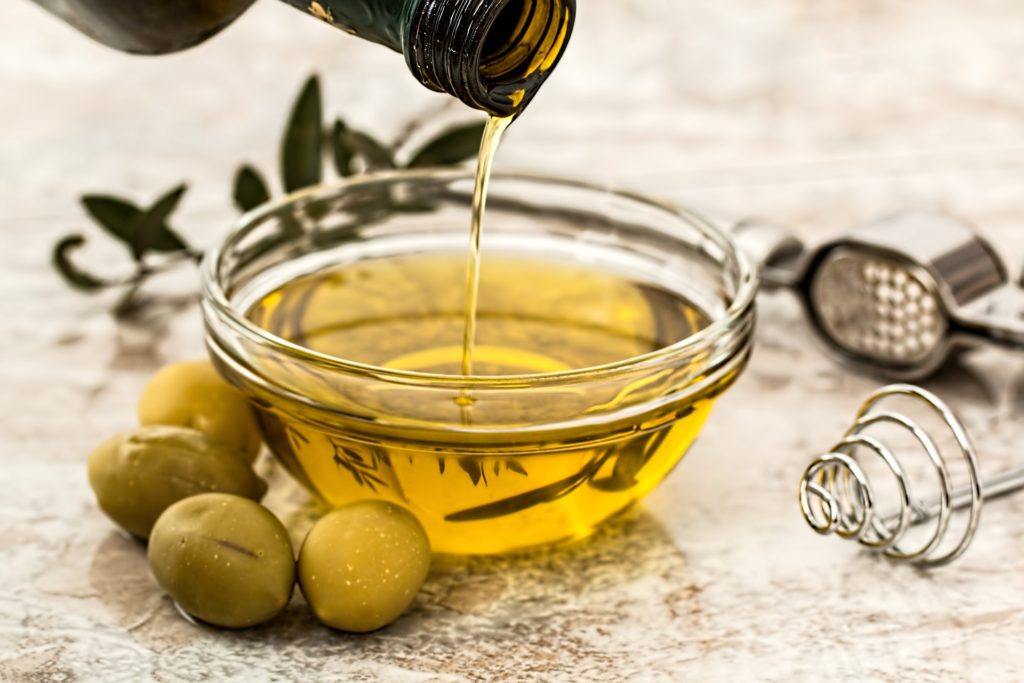
7 ways to taking nutrition-dense rich foods than Calorie dense foods
Our generation is Overfed but undernourished, calorie-rich but nutrient-poor. One of the most perplexing paradoxes of the current generation is overfeeding Calories but undernourished in terms of nutrition. Hence here we focus on seven tips which will help you in getting adequate nutrition with a cut on unnecessary calories intakes.
1.Eating Whole Foods Instead of Highly Processed Foods
Whole foods are “real foods.” These foods are essentially intact, close to the form in which they grew. None of their essential nutritious parts has been removed, and no unhealthy substances (sugar, salt, oil, or chemicals such as artificial flavours, preservatives, or colours) have been added to them. This includes all types of whole fruits and vegetables, whole grains, beans and other legumes, and nuts and seeds, as well as unprocessed animal foods.
Whole plant foods are always healthy choices. Eat these foods in abundance, embracing the wonderful variety of nature’s bounty—from crunchy green vegetables to hearty, nourishing beans to comforting starchy vegetables to wholesome grains to sweet and vibrant fruits.
The Whole Foods Diet at a Glance
| Foods to Eat Freely | Foods to Eat in Moderation | Foods to Avoid |
| Vegetables, fruits, intact whole grains and whole grain pasta, beans and other legumes, starchy vegetables | Whole grain breads, tortillas, crackers, dry cereals, tofu, tempeh, soy and nut milks, nuts, seeds, avocados, olives, dried fruit ,Meat (unprocessed), fish, eggs, and dairy products (keep animal foods to 10% or less of your caloric intake) | Refined flours, sugar, oils, baked goods, sweets, junk food, soda, Snacks ,bacon, sausages, hot dogs, salami |

The negative points of processing
- Processing removes or breaks down fibre. When fibre is broken down or removed, many important benefits of fibre are lost.
- Processing concentrates calories. Because fibre has been removed or broken down and water has been removed, processed foods pack more calories into less bulk, meaning that to feel satisfied, you’re likely to eat more calories than your body needs.
- Processing adds unhealthy substances. Too often, as food is processed, it gets loaded with oils, sugars, salt, and chemicals, increasing its calorie count and other health risks without any nutritional benefit.
2. Eating Mostly Plant Foods (90+% of Calories)
With a whole-food, plant-based diet you don’t need to obsess over calories. If the majority of meals come from a variety of whole plant foods, you’ll naturally satisfy your nutritional needs and appetite without overeating. Hence focus on getting 90% of Calories from plant-based foods than animal foods.
3.Get your proteins from Plants than animal foods, especially red and processed meats.
Researchers have found that greater consumption of plant-based protein was associated with a longer life. Perhaps this is because meat, which is a common source of protein, is also a significant source of extra calories, fat, and other problematic nutrients—especially when consumed in more than required amounts.
It’s practically impossible to be protein deficient if you eat enough whole food calories. Yes, that’s right. If you eat enough whole foods (even just plant foods), you don’t need to worry about protein. So the concern about getting enough protein on a plant-based diet is unfounded.
We tend to vastly overestimate the amount of protein needed. We drink protein shakes, eat protein bars, go on high-protein diets, and choose breakfast cereals that advertise protein content. General recommendations are forty-six grams of protein per day for the average woman and fifty-six grams of protein per day for the average man.
We may in fact get too much protein, which is not necessarily a good thing. Excess protein can stress systems and make kidneys and liver work too hard, among other things. Plant sources of protein are perfectly adequate.
4.Oil and Fats are energy dense than nutrient-dense

Oils are nutrient-poor. Olives, corn, coconuts, and sunflower seeds all contain nutrients, in their whole food forms. Olive oil, corn oil, coconut oil, and sunflower oil have been extracted in such a way that removes these beneficial nutrients, along with fibre, leaving only empty calories.
Oils are among the most calorie-dense foods on the planet. A single tablespoon of oil contains 120 calories. Because oils contain no fibre, they deliver concentrated energy but no bulk, driving up calorie count without filling the stomach or meeting a nutrient need. Oils, in other words, make it exceedingly easy to overeat.
If required eat Fats particularly Ghee derived from Milk or use whole foods like nuts and seeds, olives, or avocados for oil requirements.
5.Salt, Calcium, Zinc, Iodine, Iron, B12 all micronutrients and Eating Organics
Many of the nutrients that raise deficiency concerns for vegans can be adequately attained from whole plant foods. This applies to commonly raised questions around nutrients like zinc, iodine, iron, and calcium. In general, supplementation should not be necessary for a person eating a portion of healthy whole food, plant-based diet.
Indeed, most plant foods are rich in a diversity of nutrients, and in general there is little reason to be concerned about inadequate levels.
Salts should be minimized , try to use salt in sprinkling than putting in foods. Slowly you will get to using less salts as taste buds get evolved with time.
The most important dietary change you can make is to eat more fruits and vegetables. A 90+% plant-based diet is going to be significantly healthier than a Standard Diet even if you are not always able to eat certified organic produce. If you have access the Organics than its good to have Organics in your diet , but do not fuss very heavily on eating organics than eating more Fruits and vegetable.
6.Whole Grains and Starchy Vegetables
Carbohydrates are the best energy source humans have available, and over the course of evolution, our bodies have adapted to be able to metabolize them efficiently.
Whole grains and starchy vegetables provide fibre, protein, essential fatty acids, vitamins, minerals, and numerous phytochemicals, as well as carbohydrates, in the perfect package to give us the energy we need.
These have been linked to lower risk of heart disease, diabetes, obesity, certain cancers, and mortality from all causes. Eating them also improves bowel health, helping to maintain regular bowel movements and promote growth of healthy gut bacteria.
Always keep in mind the important and often-missed distinction between whole carbohydrates, like whole grains and starchy vegetables, versus highly processed, refined carbohydrates. While the latter are to be avoided, the former play a key role in an optimum diet. In fact, not only should you be sure to eat whole grains and starchy vegetables, but they also should make up the bulk of your calorie intake.
7.Simple sugar Sweeteners are to be avoided
Sugars are not recommend whether any extracted or concentrated sweeteners, in the form of white table sugar, high-fructose corn syrup, or any of the so-called “natural” sweeteners like maple syrup, honey, agave nectar, and so on. If you’re trying to eat a nutrition dense, plant-based diet, we recommend sticking to fruit to satisfy your sweet tooth.